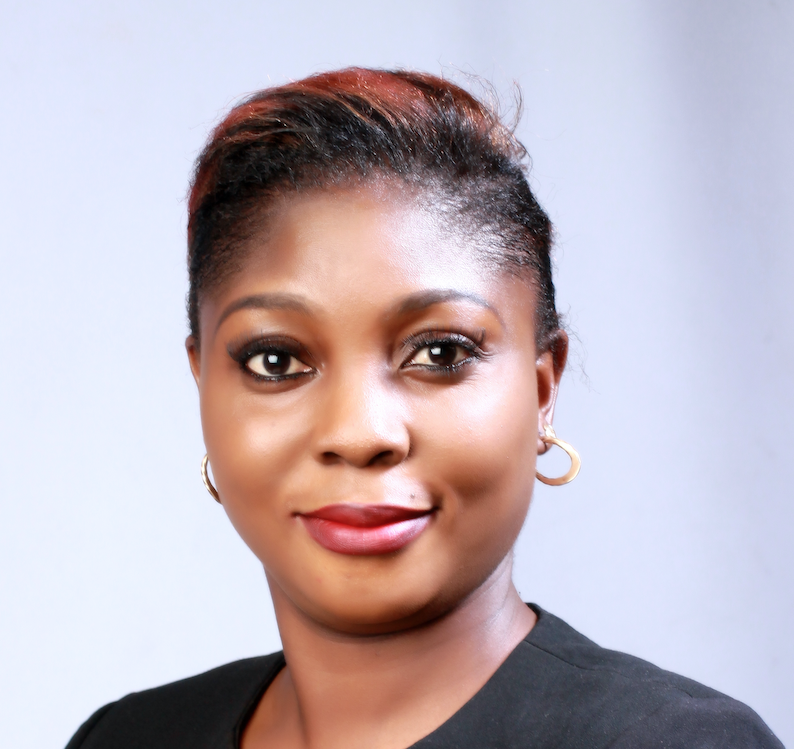Efosa Ewere
Efosa .O. Ewere FCIArb, the Chair of YMG CIARB Nigeria is a Dispute Resolution Practitioner and a Partner with Gravida Attorneys.
Why have you decided to specialise in ADR and what attracted you to this area of law?
With my training as a Legal Practitioner, given my early years of practice as a Litigator, I realized that some disputes were better settled outside the Court Room. To practice effectively as a Dispute Resolution Practitioner, it became apparent that acquiring knowledge and developing skills in ADR would yield better results as a professional.

What was the trajectory of your career that led you to your current position/post?
While in Law school, I was introduced first to ADR as a course, then I went through training in mediation which exposed me to the academic dynamics of mediation. Graduating from Law school, I practised first as a Litigator then my interest in ADR strengthened from assisting the law firm I worked for at the time to research on a case that gained popularity within my jurisdiction; Mekwunye v. Imoukhuede (2019) 13 NWLR (Pt. 1690) 439 when it was instituted at the High Court.
With my research findings, I decided to write the Introduction to Arbitration Course examination in 2011. Asides consultation purposes and applying the knowledge acquired academically, I did not give it utmost attention till 2016. My interest in 2016 birthed my appointment as a steering committee member of the Young Members Group, CIArb from 2017 to 2020, and now to being the current Chair of the Young Members Group, CIArb Nigeria Branch.
What are the challenges/obstacles women in ADR face in the early stages of their career?
A few women were unwilling to be mentors to younger women within the ADR community.
What keeps you motivated in your career?
The increased interest and the willingness of parties to resolve their disputes using any of the ADR Tools unlike a few years back.
What do you consider to be your biggest achievement in the field thus far?
Becoming a Fellow of the Institute is my biggest achievement so far. It was a tough journey, I had lost all hope that I would pass the Accelerated Fellowship Examination.
What is it like to work in a predominantly male profession?
I have failed to recognise it as a challenge working with men. I cannot pretend that culturally there are no subtle issues that appear from time to time but the men are aware the women have woken up to the challenge and a majority have begun to consciously adopt a gender diversity approach.
How has CIArb influenced your career progression and CIArb’s membership benefited your career?
The seminars, training and workshop organized by my branch for its members, gave me more insight into the practice of ADR, particularly as a young member where asides from the training, most of the seminars are non-fee paying programs.
What do you think the future for women in ADR will be like and what do you consider as the biggest challenge for a female professional in ADR in the future?
The future for women in ADR is very bright. The sermon on gender balance/diversity for arbitral tribunals is increasing daily and being accepted.
Are there any interesting developments in the field of ADR in the jurisdiction you are based in?
There seems to be more acceptance in the use of ADR since the wake of COVID-19 with online mediation, this has helped a great deal in resolving disputes.
If you could practice ADR in any other country where will that be and why?
I have a responsibility to contribute to the development of ADR in my country; I will not make any comparison.
Tell us about your interests, hobbies or any out of work activities.
I have an interest in capacity building; my hobbies are playing Chess and listening to good music.